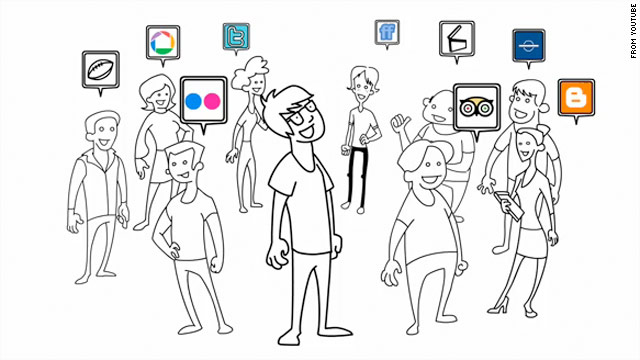
Washington (CNN) -- Police in China shut down what officials think was the largest training Web site for computer hackers, local media said.
The Black Hawk Safety Net offered lessons on cyber attacks and sold Trojan software, which allows outside access to a computer when remotely installed, media reports said.
Police arrested three people who ran the Web site and charged 100 to 200 yuan ($14 to $29) for lessons, the China Daily newspaper said.
Established in 2005, the site had recruited more than 12,000 paid and 170,000 free members and collected more than 7 million yuan ($1.02 million) in membership fees, the reports said.
Authorities were tipped off to its existence while investigating a cyber attack in 2007. Some suspects arrested in that case were members of Black Hawk.
The suspects in the Black Hawk case were arrested under a law revised last year in response to cyber crimes.
China says hackers caused 7.6 billion yuan ($1.02 billion) in losses in the country last year.
Last month, online search giant Google threatened to pull out of China, saying Chinese hackers had penetrated some of its services in a politically motivated attempt at intelligence gathering.
China's information information technology ministry called the accusations of government involvement "groundless."
The Chinese government has said that the Google case is a business dispute and should not affect relations between Beijing and Washington.
Last month, foreign correspondents in at least two Chinese bureaus of news organizations had their Google e-mail accounts attacked, with e-mails forwarded to a mysterious address, according to the Foreign Correspondents' Club of China.
Credit: http://www.cnn.com/2010/TECH/02/08/china.hackers/index.html
